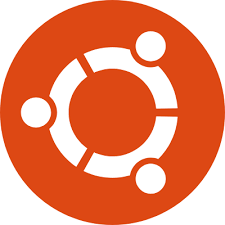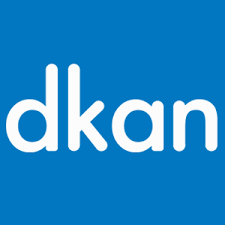The EMPATIA platform has developed and integrated a number of digital and non digital tools that can support the design, implementation and evaluation of complex participatory systems. Each EMPATIA pilot integrated different set of tools to better accommodate each particular settings.
The EMPATIA platform offers a family of pre-made integrated solutions for the most common participatory budgeting processes adopted in Europe, but also includes the possibility of designing completely new solutions to better respond to local specificities.
Continuous ideation processes allow people to submit ideas to a municipality at any time. These processes are different from other participatory processes, such as PB, that have a fixed cycle. The participants are invited to rank the top ideas, in turn, reducing the amount of time required to filter feasible ideas by the municipality.
Monitoring the implementation of winning proposals is a common issue detected in many PB process, raising doubts regarding transparency of processes and effective execution of projects. The EMPATIA project has developed tools to support the monitoring of PB cycles (also referred as 2nd cycle).
Download the source code of EMPATIA on GitHub - read more
Check the short EMPATIA Platform deployment manual - read more
Check the applicability of these tools in our Pilot - read more
Other technologies used
The EMPATIA project also integrated a variety of other technologies:
In Lisbon the EMPATIA project created a participatory system that integrated the PB platform by Libertium, and various EMPATIA tools.
In Milan the EMPATIA project integrated the Open DCM PB platform with the monitoring tool of EMPATIA.
OpenSource tools that we use
Non digital tools
Coming soon.
Coming soon.
Empaville is a role-playing game and participation simulator to experiment with participatory systems in a safe environment. Empaville integrates in-person deliberation with digital voting and was formulated to expose participants to critical issues common to the participatory budgeting and discuss the process in both methodological and practical terms.
Coming soon.








